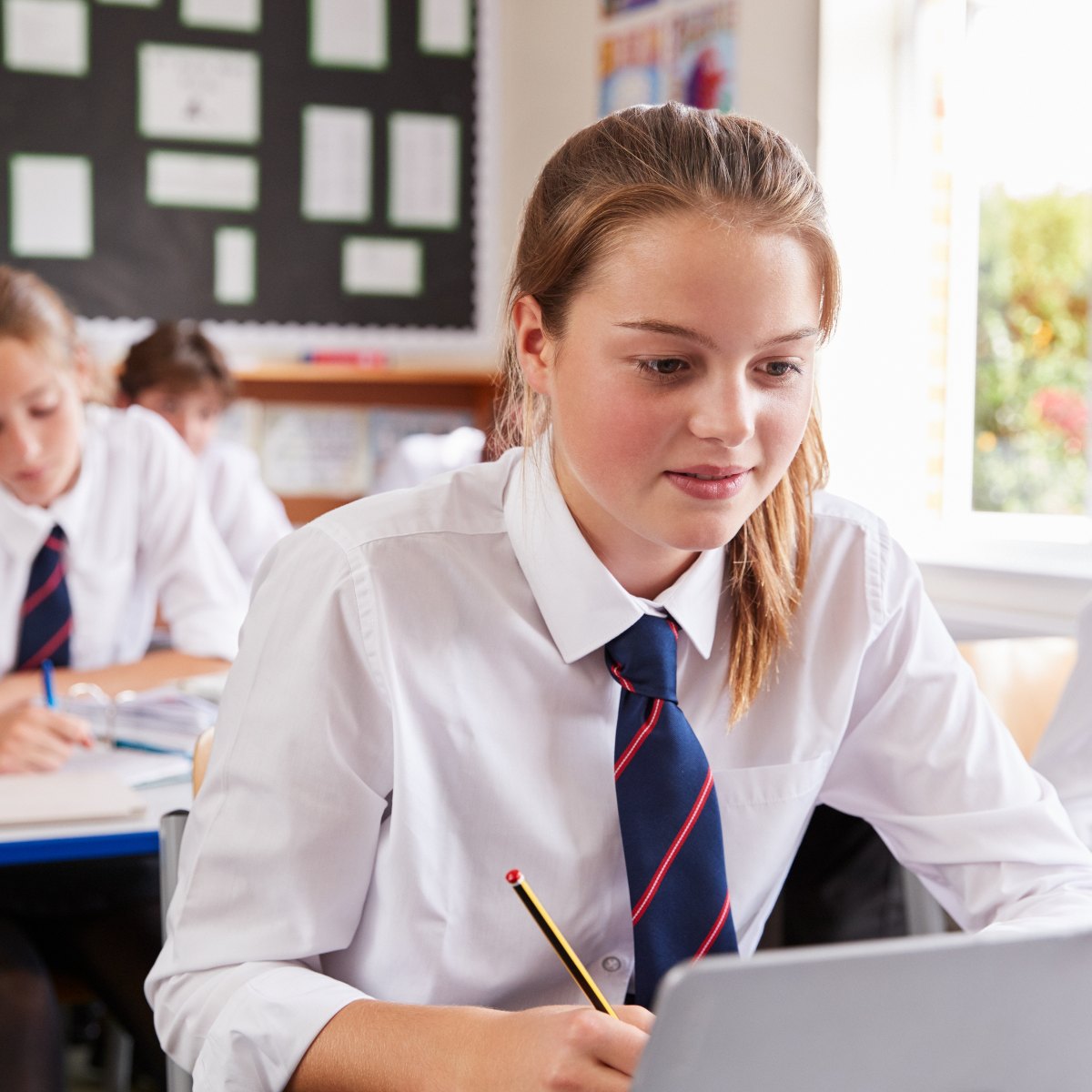School days can be physically and mentally exhausting for both students (of all ages) and teachers.
Staying well-nourished and hydrated during school makes an enormous difference in sustaining energy and concentration levels.
EducationDaily asked Senior Accredited Practising Dietitian from Nutrition Australia ACT, Leanne Elliston, to share her top tips for healthy eating habits, to help everyone eat well at school.
- Start the day with breakfast
A balance of carbohydrates and protein provides the perfect fuel combination to get off to a great start. Healthy carbohydrate foods include wholegrain cereals such as oats or muesli, fresh fruit and wholegrain breads. These foods refuel muscles and provide the brain with a slow and steady release of glucose. Pair this with a source of protein to help feel satisfied and provide the important growth and repair nutrients. Nutritious breakfast protein foods include egg, yoghurt, milk, baked beans, hummus, nuts and nut spreads. If you are not a breakfast person, plan a nourishing morning snack or blend a quick smoothie of fruit, milk and oats to drink on the way to school.
- Pack a hearty lunch
Nothing beats an interesting (and easy to make) sandwich, roll or wrap. Include a mix of salad, lean protein (such as tuna, chicken or egg) and choose wholegrain bread options for that long-lasting energy release to help get through the afternoon. If heating up left-overs is easily accessible, be sure to make some extra dinner the night before. It’s also a budget-friendly way to make convenient healthy food choices when you’re in a rush. Visit the Healthy Lunchbox Week website for more terrific lunchbox ideas.
- Snack wisely
It’s easy to get caught up in the world of quick and easy packaged snacks. But as quick as they are to eat, they are just as quick to digest, providing a short hit of energy that can quickly leave you craving more. The ultra-processing associated with most packaged snack foods significantly reduces their nutritional quality. They tend to be high in salt, sugar and/or fat making them highly palatable and addictive. As an alternative, plan for healthier, less processed snack options: think fresh fruit, yoghurt, cheese and wholegrain crackers, vegetable sticks and hummus or popcorn – perfect for ‘nude food’ days when packaged in reusable containers. If you do need to use packaged food occasionally, look out for the health star rating and choose the products with 4-5 stars.
- Stay well hydrated
Some of the first signs of dehydration are tiredness and poor concentration levels. Keep up your water intake with a bottle of water on hand throughout the day. Avoid sugary drinks and fruit juices. They can wreak havoc on your energy levels, causing a roller coaster of spikes and troughs throughout the day.
Show and tell healthy eating habits
Aside from the incredible work teachers do educating our children, they also play a vital contribution in role modelling healthy eating behaviours. When children see adults around them making healthy lunchtime choices, it helps reinforce positivity around healthy eating habits – and that’s a lesson that can last a lifetime.









